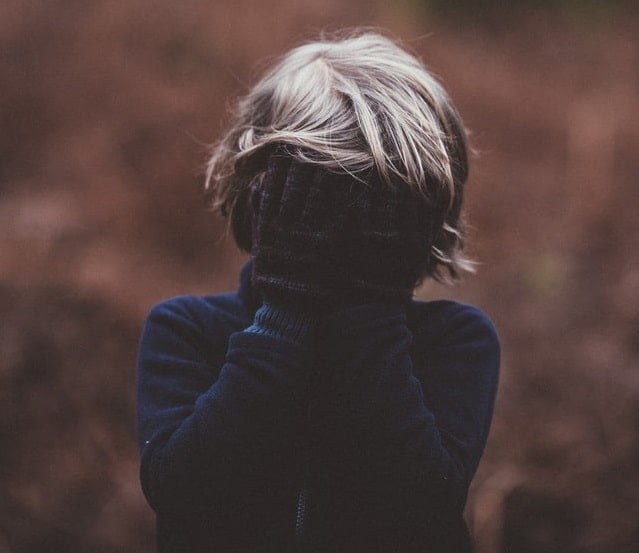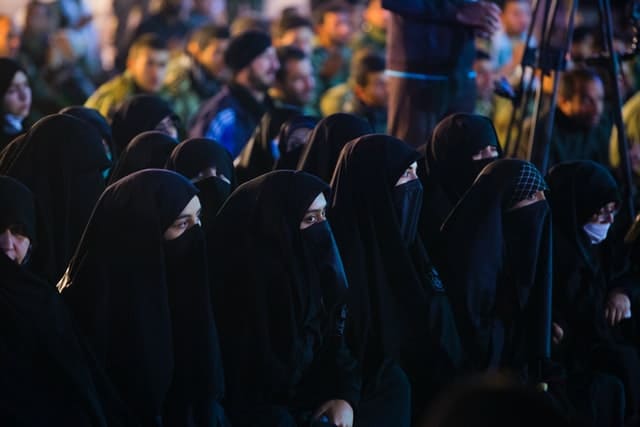The main idea behind creating Taboo Talks a public website is to let people feel free to share their experiences, ideas, views or content on topics they consider taboo.
WHY DO PEOPLE GET DIVORCED?
Now and then, you hear the news of some celebrity or even your family, relatives break their marriage, but you also hear, “if they had to get separated, why get married in the first place.” Most of the time, couples get divorced due to a lack of compatibility, infidelity, sexual problems, family conflicts, adultery, etc. But what happens after the divorce. Divorce is good or bad in India?

The main causes of divorce
- Adultery, external sex, infidelity
- Domestic violence
- Midlife crisis
- Addiction, e.g.:- alcoholism, gambling, etc
- Workaholism
- Other factors
How divorces change a woman?

Maximum women are financially dependent on their husbands and face a lot of societal pressure that if they are the first to leave their partners, society is quick to judge their character. Whereas if the husband is the first one to go, there is no judging him.
Some women, after divorce, decide to be financially independent, but unfortunately, they don’t find jobs easily. Many eyebrows are raised when a woman pays her bill, is head of a company, leads a team, etc.
Divorce effects on children

A study in Sweden led by the Centre for Health Equity Studies at Stockholm University found that children living with just one parent after divorce suffer from more problems such as headaches, stomach aches, tension, and sadness than those whose parents share custody.
Children of divorced parents are also more likely to be involved in a conflict in their marriage and are more likely to divorce themselves. They are also more likely to have short-term cohabitation relationships that often break up before marriage.
Many studies show an intergenerational transmission of divorce, but that does not mean having divorced parents will lead a child to divorce. This transmission of divorce is more likely because of two main factors. First, inherited biological trends or genetic conditions can predispose a child to divorce and the “marriage pattern” presented by the child’s parents.
Divorce effects on men in India

In India, men’s rights defenders argue that divorce and custody laws are biased against men. They say that this makes it possible for divorced women to prevent men from seeing their children for long periods.
In India, child care is only given to the father if the mother is mentally unstable or has left home, leaving the child behind. Currently, the control of divorce is governed by two acts: the Guardians and Wards Act, 1890, and the Hindu Minority and Guardianship Act, 1956. However, the two directives contain no provisions on shared parenting or shared custody.
Why divorce still a taboo in India?

In Indian families, divorce lead to embarrassment, and hence the couple is forced to stay in the holy matrimony even though they are not compatible and there are constant fights. People judge the couple more if they had a love marriage as in India we know love marriage is a big no.
In India, people believe that women can’t take care of themselves. When they are young, their father has to take care of them, and after they grow up, their husbands have to take care of them.
What is the attitude towards divorce around the world?

Divorce is considered socially unacceptable by most of the population in certain Sub-Saharan African countries such as Ghana, Uganda, Nigeria, Kenya, South Asian countries like India and Pakistan, and South-East Asian countries Philippines and Indonesia.
The majority of people believe that divorce is acceptable in Eastern Europe, East Asia, Latin America, and the United States. More than 80% of the population considers divorce socially acceptable in developed regions such as Western Europe and Japan.
Divorce is also widely accepted in some predominantly Muslim countries such as Jordan, Egypt, and Lebanon, at least when initiated by men.
Triple Talaq

Under Muslim law, Triple Talaq means liberty from the marriage relationship immediately. It allowed any Muslim man to legally divorce his wife by uttering Talaq (the Arabic word for “divorce”) three times in oral. This instant divorce is called Triple Talaq, also known as ‘talaq-e-biddat.’
On 8 December 2016, the Allahabad High Court observed that the practice of instant triple Talaq was unconstitutional and violated Muslim women’s rights. In March 2017, over 1 million Indian Muslims, a majority of whom were women, signed a petition to end the instant triple Talaq.
On 30 July 2019, the Parliament of India declared Triple Talaq’s practice illegal and unconstitutional and made it a punishable act from 1 August 2019.
Make divorce normal
Society must accept that separation after marriage is a conscious and mutually determined decision by the couple, and there is no shame in that. Normalize divorced couples to move on with their lives. Normalize divorced women to be independent.


